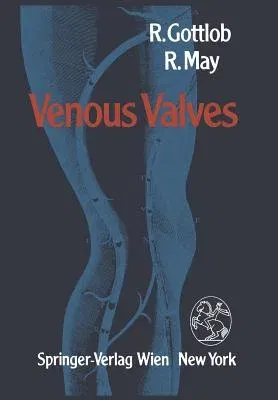Venous valves rank among the smallest and most delicate organs of the
human and animal bodies - so why devote an entire book to them? We were
induced to do so by several reasons. First of all we would point out the
clinical significance of venous valves. In the pathogenesis of a number
of widespread diseases, such as varicose veins or the post-thrombotic
syndrome, venous valves are involved as the underlying cause or at least
a factor contributory to the symptoms. According to Taheri et al. these
venous diseases occur ten times more frequently than arterial
obliterations. Incompetence of venous valves also plays a causal role in
varicocele, the most frequent cause of male infertility. But not only
pathogenetic reasons induced us to write this book. In more recent times
there has been a growing tendency to reconstruct functional valve
disorders therapeutically; several surgical methods have been developed,
which are critically reviewed in this book. It was our aim to sum up
existing knowledge with respect to structure and function of venous
valves and to expand that knowl- edge by findings of our own.
Examinations of semi-thin sections and unilayered en-face preparations
have hardly been published so far, and systematic studies of the
ultrastructure by electron-microscopy were not to be found in the
literature. We are very grateful, therefore, to Dr. Silvana Geleff for
having undertaken such a study upon our suggestion.


